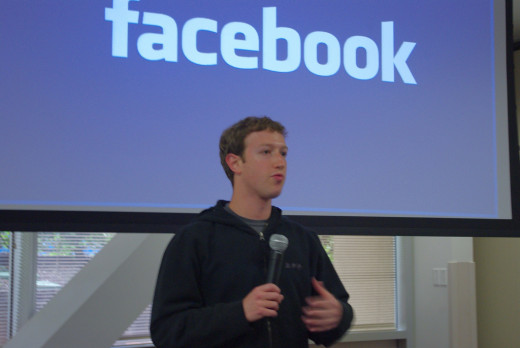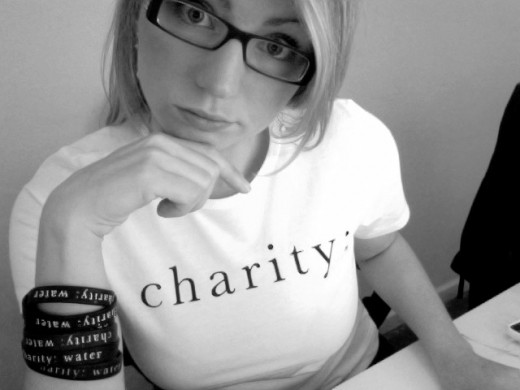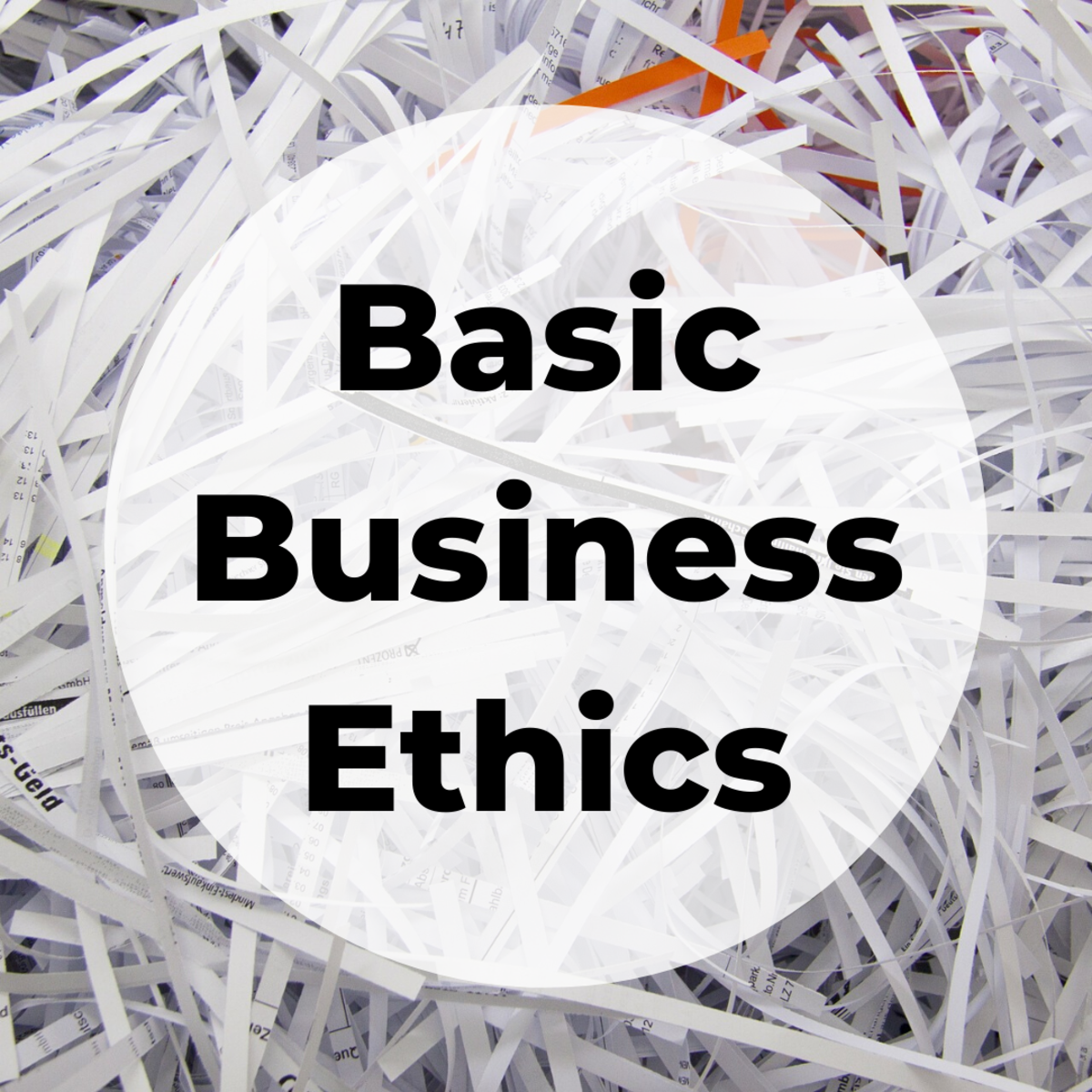The Altruism Antidote: The Case for Fighting Selflessness
The Announcement
What is Altruism?
Altruism. In a word crafted by 19th century philosopher Auguste Comte literally meaning “other”-ism, the understanding has failed to reach individuals which comprise this society. Most people think of benevolence and good spiritedness when they consider the term. But to truly comprehend the word, one must ask, “Should I live for another’s sake and why?” If the answer is yes to the former then latter part takes over from there. Why should you seek to live the life of another while damning your own existence? But then you would say, “Well, I’m not really disregarding myself in order to serve others. I benefit, too.” The fallacy of altruism would lead one to this conclusion. Only envy, condescension, and resentment can follow. Ask Mark Zuckerberg.
Now a husband and a father, Mr. Facebook has generated earnings in the tens of billions of dollars. His shrewdness as a businessman puts him among the brightest minds in the entrepreneurial field. This stands in stark contrast to his decisions to give his money away. His social networking service has provided over a billion users the world over with information and education. While he is not at fault for wanting to do whatever he wants to with his cash, it ought to be said that the $100 million dollars to Newark, New Jersey schools, the Giving Pledge, and his latest announcement to give 99% of his funds away to what writer Jesse Eisinger called an “investment vehicle,” show that Mr. Zuckerberg knows very little about the diametric opposite to altruism: capitalism. His keen ability to turn a coin ought to applauded, not his inclination to relinquish his money.
A Marginal Concern
Instead of disproving the notion of altruism, most people would push for Mr. Zuckerberg and others in his tax bracket to offer more. In Mr. Eisinger’s article titled improperly “How Mark Zuckerberg’s Altruism Helps Himself” he delineates the aspects of the deal that Mr. Zuckerberg set to deliver his funds into a for profit arrangement. But who cares? Shouldn’t a chief executive officer (CEO) have the gumption to keep as much money as possible even if he spits in his own face by saying that giving is better than producing or innovating? The article attacks his intentions of pocketing the money for himself rather than donating it. In what bizarre world do men denigrate others for taking care of themselves on such a tremendous scale? If Mr. Zuckerberg wants to give away his fortune, that’s his business. But to tear down the man for his virtue of retaining the dollars is wicked. That doesn’t let Mr. Zuckerberg off the hook. His self-abasement should be admonished and his inability to address the problem of political freedom with the choice to give deserve criticism.
In a letter to his newborn, Mr. Zuckerberg outlines the various reasons that he is giving. None of them contains any idea promoting the necessity for peoples who are impoverished, uneducated, or oppressed to rise above such indignities: liberty. By failing to mention this key ingredient for flourishing, Mr. Zuckerberg slouches ever closer to complete selflessness. And that’s no compliment. The governments which uphold backward regimes and regard despotism as a way of life ought to be challenged and brought to justice. By just throwing money at the problem only puts worsens it. To not focus on dismantling governments which harbor terrorists, advocate rape and public humiliation, or force citizens to live under a dictatorship is support for them. Whatever their reasons for spreading around their hard earned pay they, more than likely, will never recognize their rational, selfish, greedy actions which garnered them their wealth in the first place. Rather than exhibit reverence for the functioning brains that they utilized to develop products or provide services, they emphasize that giving is the greater good. What they ought to know is that their donations exist as a marginal concern.

Billions and Billions
Billionaires everywhere may toss their riches to the foundations and groups and tax-deductible charity organizations. But what keeps them from acknowledging their true virtue of building wealth is their sacrificial stance. They feel that although they created their wealth through legitimate, extraordinary means, guilt saddles them. Their gifts only retard the expansion of self-sustaining initiatives which fight the rights-denying governments.
Mr. Zuckerberg may want to follow in the steps of Facebook co-founder and former chief financial officer (CFO) Eduardo Saverin. In his choice to renounce his citizenship to avoid capital gains taxes, he received overwhelming bad press from the left and the right. He has (so far) only invested his billions and saved the rest. If he were to mete out money, he ought to join the fight against destructive, tyrannical governments. All of the charities in the world, with all of their billions of dollars, would not suffice in the battle against evil administrations. For political freedom to take hold across the world, the wealthiest individuals ought to not give their cash away to mollify their guilt. They ought to comprehend that their moral worth is predicated on the fact they were independent and productive. The dollars which they issue ought to be reserved to groups and organizations which know the righteousness of selfishness. Pride ought to be the queen of their virtues, as Aristotle would say. Their dismissal of altruism and embrace of the principles of free markets would sustain the people of the earth in terms of the even wider proliferation of fossil fuels which benefit all of the lives this planet, especially those in need of energy sources. So, if Mr. Zuckerberg ever feels the need to dish out dividends to himself, as Mr. Eisinger puts it, may he understand that root of all evil is not money nor the love of it. It is the hatred of the good for being good. His ability to invent and run a business with a market value of over a quarter of a $1 trillion ought to serve as his impetus to donate his fortune. Not because of another’s idea of what good is.
"Giving Back" or "Guilt Ridden"
Should billionaires give all their money away to groups and organizations?
Sister Charity

Wealth is Good




